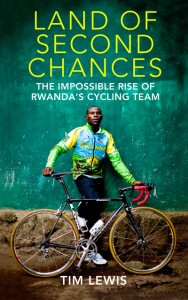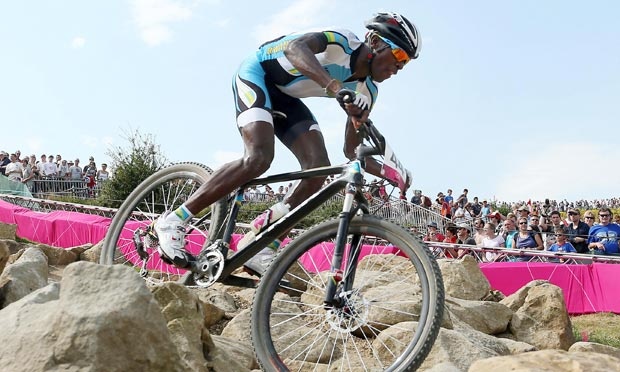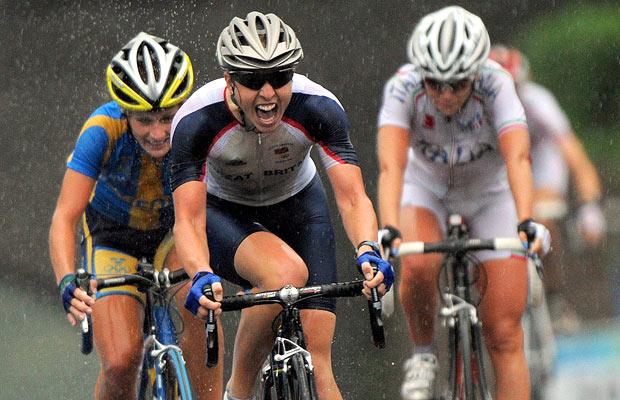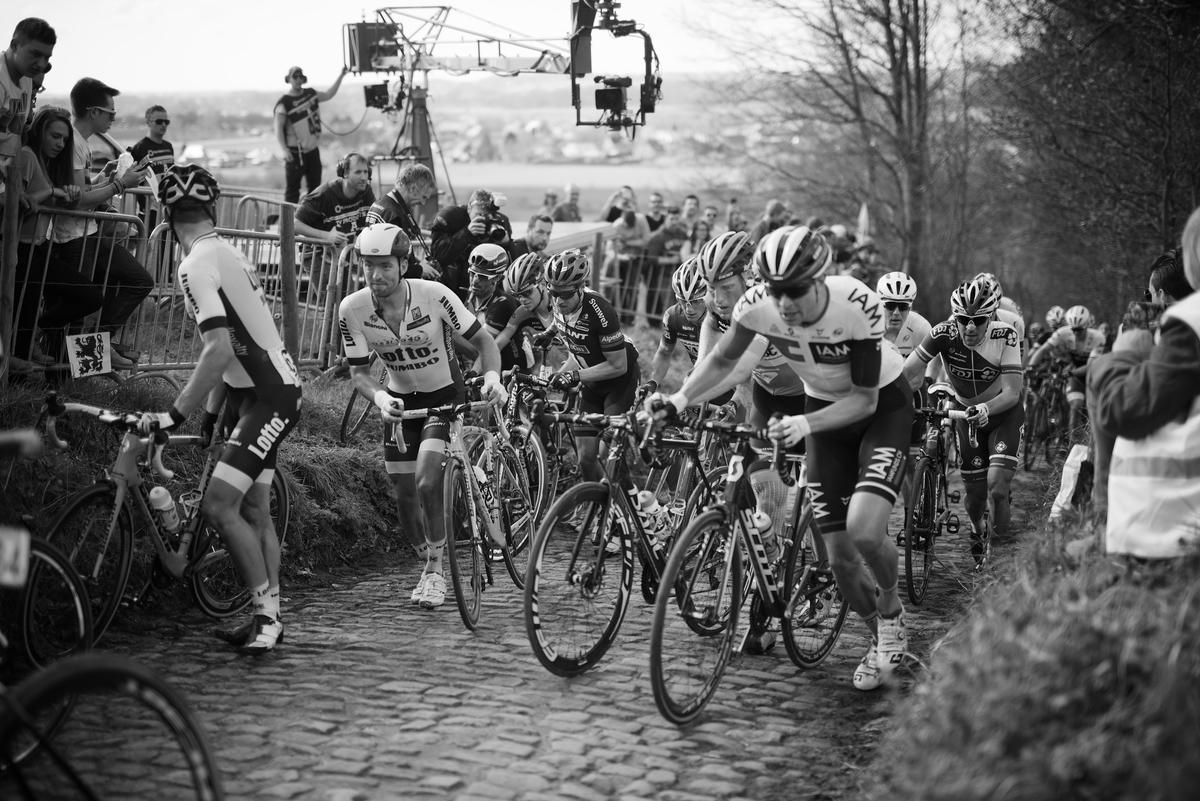 When Rwandan Adrien Niyonshuti crossed the line in the men’s mountain bike race at the London Olympics last year, he did so bearing both the hopes of a nation and the scars – mental and physical – of the 1994 genocide. The fact that he was thankful just to finish – in 39th place – is just one reason why Tim Lewis‘s fascinating story of Rwandan cycling isn’t a typical rags to riches, triumph against adversity tale. For one thing, as this book repeatedly reminds us, life in Rwanda is rarely that neat.
When Rwandan Adrien Niyonshuti crossed the line in the men’s mountain bike race at the London Olympics last year, he did so bearing both the hopes of a nation and the scars – mental and physical – of the 1994 genocide. The fact that he was thankful just to finish – in 39th place – is just one reason why Tim Lewis‘s fascinating story of Rwandan cycling isn’t a typical rags to riches, triumph against adversity tale. For one thing, as this book repeatedly reminds us, life in Rwanda is rarely that neat.
Lewis, however, does a fine job of unpicking a tangled narrative that begins with swathes of Niyonshuti’s family being hacked to death by Hutu mobs. As president Paul Kagame strove to rebuild Rwanda, American mountain bike pioneer Tom Ritchey – in the throes of a full-blown midlife crisis – was in the right place at the right time. His Project Rwanda aimed to produce cheap bikes for coffee farmers to transport their produce and, eventually, hoped to form a national cycling outfit that might suggest a more positive image of the country.
The coach for this team was Jock Boyer – a Tour de France alumnus but also a convicted sex offender. Boyer’s murky past is just one of the intriguing moral questions Lewis throws up – he quickly realises that almost every westerner involved in Team Rwanda has some kind of personal trauma from which they’re seeking redemption. Their efforts to professionalise the Rwandan cyclists do certainly have the whiff of the Victorian missionary.
Happily, though, this is also a story about the potential of African cycling and its undoubted capacity to change lives. When Niyonshuti finished last year’s race, exhausted, he may not have won. But he’d become an inspiration.


